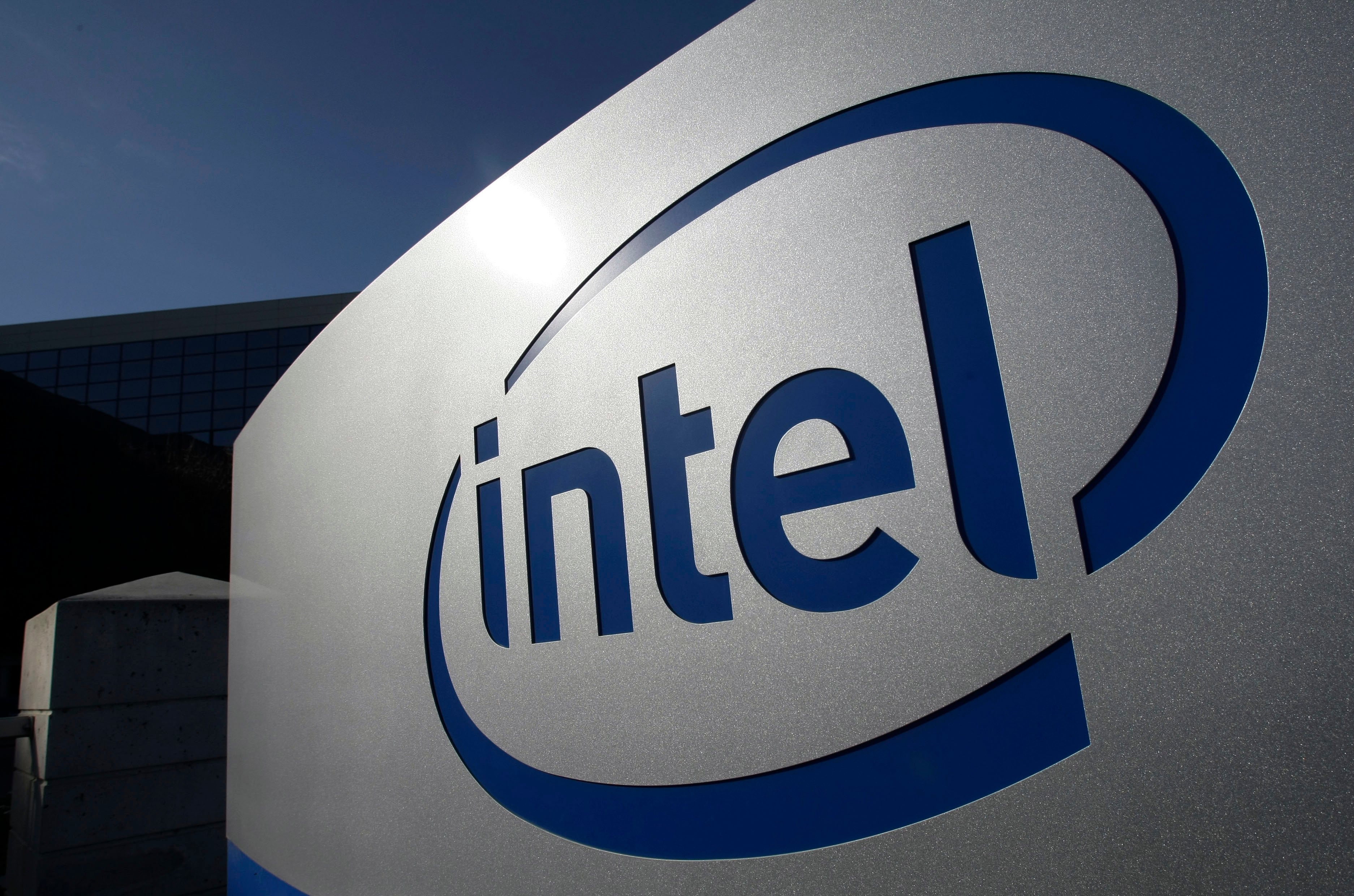*By Tanaya Macheel and Jacqueline Corba* Hundreds gathered in San Francisco for Ripple's Swell Conference this week, an effort by the crypto company to pitch to business partners and promote its strategy to offer a software for easy-to-use cross border payments. "The more that any crypto ー any digital asset ー can demonstrate it is solving a real problem for real customers, that then creates a healthier ecosystem," Ripple CEO Brad Garlinghouse told Cheddar Monday. But the company still faces increased scrutiny by members of the crypto community over the relationship between Ripple ー the company ー and its XRP ー the native token the company created five years ago. In recent weeks [Ripple has been pushing the idea](https://cheddar.com/videos/state-of-ripple) that the XRP protocol is completely decentralized, like Bitcoin's, and that XRP is an independent digital asset that was gifted to the company by the developers that created it ー two of whom happen to be founders of the company. "Ripple Labs did not create XRP. The XRP ledger was created before the company, now known as Ripple Labs, was created," Garlinghouse said. "To the extent that we want to create a successful XRP ecosystem, having a company invested in that success made sense." XRP first came into existence in January 2013, according to transaction data on the XRP ledger, according to independent lawyer [Preston Byrne](https://prestonbyrne.com/2018/09/20/for-the-last-time-ripple-created-xrp/). Ripple's founders’ agreement, signed in September 2012, shows that on the day of Ripple’s inception, the company owned the decentralized and open source Ripple software and that there would be an XRP ledger built on top of that software in the future. The agreement also shows the founders, one of whom was less involved in the company as it grew, owned 80 billion tokens, or 80 percent of the network, then called Ripple Credits, on launch date. "Ripple was the recipient of a gift of 80 billion units of XRP. Today we only have 60 billion units, and we’ll continue to use that XRP to invest in the whole XRP ecosystem," Garlinghouse said. In the three week run-up to Ripple's Swell conference, the price of XRP has doubled. But when asked about whether that impacts Ripple, Garlinghouse said he's not focused on price. "We own a lot of XRP. We want there to be a healthy XRP ecosystem, so it would be disingenuous not to acknowledge I care about the price of XRP, \[but\] the short term gyrations, those who are speculating and trading, that’s not something I think about," he said. Ripple has been pushing the "independent digital asset" narrative in recent months in which it has been hit with a handful of lawsuits alleging XRP is an unregistered security. In that time, the crypto environment evolved to focus more broadly on the token economy rather than blockchain technology or Bitcoin more narrowly, and it is becoming increasingly clear how challenging it can be to operate a commercial business with a token attached to it ー particularly one with an undefined regulatory status. Until now, Ripple's main customers were major banks, and its main mission was to have the Ripple Network compete with the SWIFT network, improving banks' cross-border payments. On Monday, however, the company announced the launch of xRapid, a new product that marks the first XRP offering for those same bank customers specifically to execute their transactions for emerging markets. The keynote speaker at Ripple Swell was Bill Clinton, whose economic adviser from 1997 to 2001, Gene Sperling, now serves on Ripple's [Board of Directors](https://ripple.com/company/board-of-directors/). Clinton called the opportunity for blockchain ["staggeringly great"](https://twitter.com/TMacheel/status/1046839175037607936), highlighting the opportunity for cross-border payments and warned the audience to not get carried away by immediate financial reward. For full interview [click here](https://cheddar.com/videos/ripple-ceo-on-the-companys-relationship-with-xrp).












